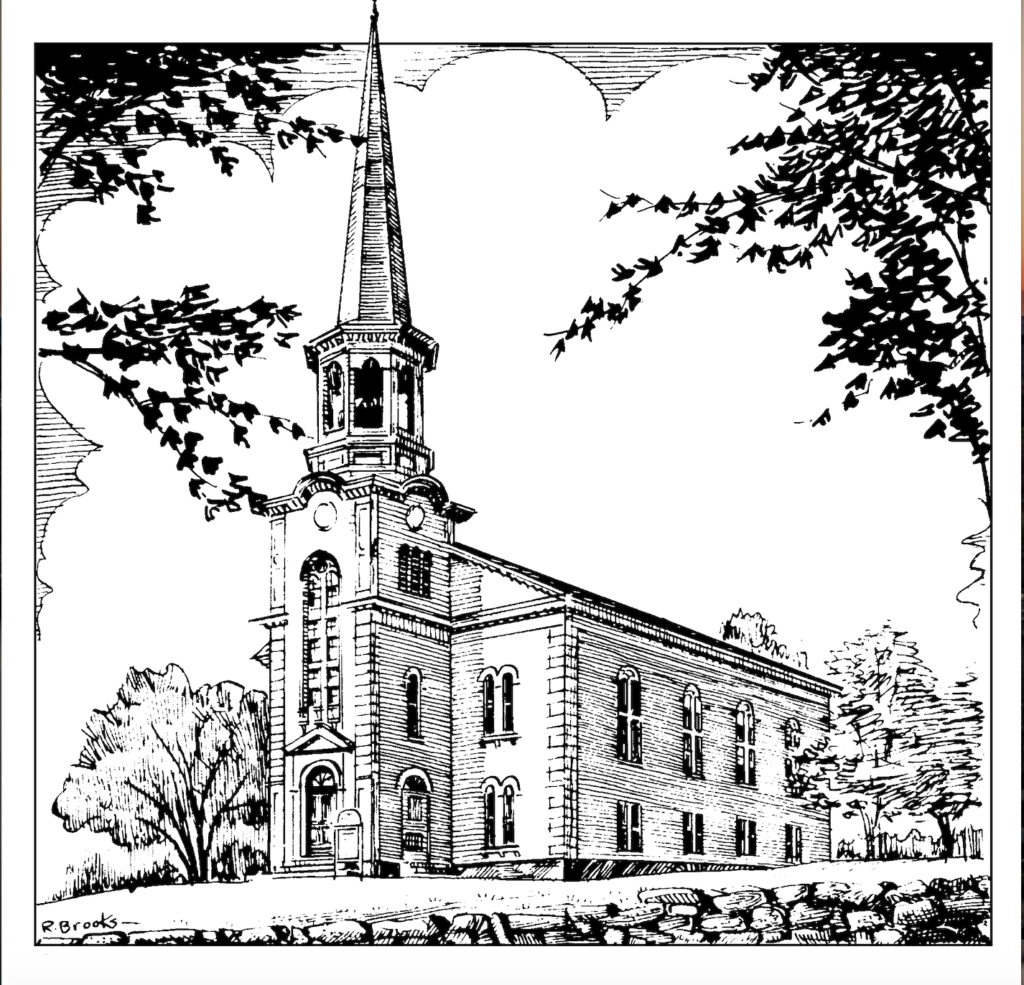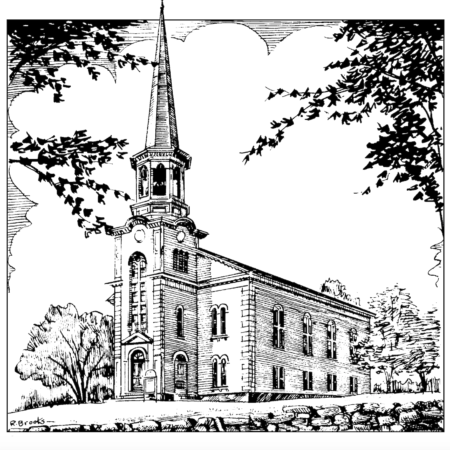
Strength for the Journey
Psalm 121
1I lift up my eyes to the hills— from where will my help come?
2My help comes from the LORD, who made heaven and earth.
3He will not let your foot be moved; he who keeps you will not slumber.
4He who keeps Israel will neither slumber nor sleep.
5The LORD is your keeper; the LORD is your shade at your right hand.
6The sun shall not strike you by day, nor the moon by night.
7The LORD will keep you from all evil; he will keep your life.
8The LORD will keep your going out and your coming in from this time on and forevermore.
Historical Context
These psalms, 120-134, all bear the superscription shir-hamma’alot or shir-lammal’alot translated in the NRSV as “a song of ascents” or “a song of ascent.”
The best guess is that these psalms were collected to be used in conjunction with a pilgrimage to Jerusalem. For that reason, Psalm 121 is most commonly understood as a liturgy of blessing for one about to leave on a journey.
Theme: Strength for the Journey
The psalm begins with a recognition that the world as-it-is is full of uncertainty, that fear threatens to uproot experiences of security and safety. The mountains (ha¯ri^m) loom large and daunting before the psalmist’s eyes. Thus, the psalmist — in this case, the pilgrim—begins in a state of helplessness and wonders out-loud how they will be able to make this difficult journey (imagined literally or metaphorically): “from where will help come?”
The journey metaphor that holds the psalm together works on a number of levels. As the pilgrim affirms that the protective presence of God accompanies them on their journey to Jerusalem, they are invited to make associations between their individual life trajectories and the story of Israel’s relationship with God. In this way, each pilgrim is invited to recall the ways in which God has cared for them while also seeing their journey as part of Israel’s journey. The psalm also gives each pilgrim a language and a tradition that binds them to the community, past and present. And all this collective and individual remembering is prompted, not by a private reading, but through communal singing, which happens as the people walk together, moving through the landscape united by a common purpose and shared destination.
Psalm 121 is a traditional expression of faith intended to strengthen—indeed, to surround—the ones who journey toward God, literally and metaphorically.


0 Comments